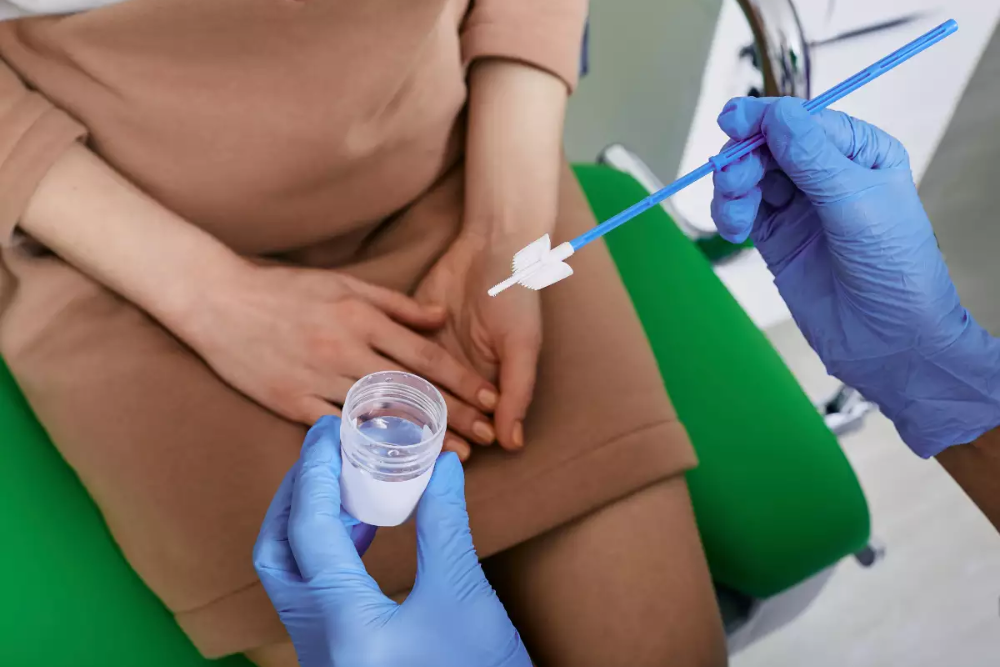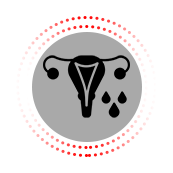
Everything You Need to Know About the PAP Test
A PAP test, also known as a Pap smear, is a simple and effective way to screen for cervical cancer and other abnormalities in the cervix. Regular Pap tests can help detect changes early, giving you the best chance to stay healthy and prevent serious conditions.
What Is a PAP Test?
- Purpose: To detect precancerous or cancerous cells in the cervix.
- Quick and Painless: The test takes only a few minutes and causes minimal discomfort.
- How It Works: A small sample of cells is collected from the cervix to check for abnormal changes that could be signs of cervical cancer or HPV infection.
Who Should Get a PAP Test?
- Ages 21–29: A Pap test every 3 years is usually sufficient.
- Ages 30–65: Pap tests are often combined with an HPV test every 5 years, but you can opt for just the Pap test every 3 years.
- 65 and Older: Testing may not be necessary if your past results have been normal, but this depends on your doctor’s advice.
Why Is a PAP Test Important?
- Early Detection Saves Lives: Identifying abnormal cells early can prevent cervical cancer from developing.
- Preventive Care: Regular screening allows doctors to treat precancerous conditions before they become serious.
- Peace of Mind: Knowing your cervical health is in good condition reduces anxiety about potential issues.
How to Prepare for a PAP Test
- Avoid intercourse, douching, or using vaginal medicines 48 hours before the test.
- Schedule your test when you're not on your period, as heavy bleeding may affect the results.
- Wear comfortable clothing and relax to minimize discomfort during the procedure.
What Happens During the PAP Test?
- Preparation: You will lie on an examination table, and the doctor will gently insert a speculum to view the cervix.
- Cell Collection: The doctor collects a small sample of cells from the cervix using a soft brush or spatula.
- Analysis: The sample is sent to a lab for analysis to check for abnormalities.
- The process is quick, and most women feel only mild pressure or discomfort.
What Do the Results Mean?
- Normal Results: No abnormal cells were found. Continue regular screenings as recommended.
- Abnormal Results: This doesn’t always mean cancer. It could indicate minor changes like inflammation or HPV infection. Your doctor will advise follow-up tests if needed.
When to See a Doctor
- You have never had a Pap test before.
- You experience unusual symptoms like vaginal bleeding or pain.
- You are due for your routine cervical screening.
Why Choose Our PAP Test Services?
- Experienced Team: Skilled doctors provide gentle and professional care.
- State-of-the-Art Lab: Quick and accurate results to ensure peace of mind.
- Comprehensive Care: Guidance for follow-ups and personalized health advice.
Don’t wait for symptoms to show up—early detection is key to preventing cervical cancer. Schedule your Pap test today and stay one step ahead in maintaining your health.
Contact Dr. Sanita Mishra at Ananya Women's Clinic for more information on PAP Test.
 Pregnancy care
Pregnancy care Pre conception counseling
Pre conception counseling Family planning services
Family planning services Menstrual problems
Menstrual problems MTP facilities
MTP facilities Infertility treatment
Infertility treatment Breast & Cervical cancer screening
Breast & Cervical cancer screening Pregnancy and post Delivery Physiotherapy
Pregnancy and post Delivery Physiotherapy Adolescent care
Adolescent care Vaccination
Vaccination Dermatologist
Dermatologist